A judge has officially decided that Iowa can uphold their controversial book ban following a ruling in a federal appeals court.
The law was originally spearheaded by Republican-leg Legislature and GOP Gov. Kim Reynolds in 2023. The law banned books depicting sexual acts in school libraries and classrooms and forbids teachers from discussing issues related to gender identity and sexual orientation with young students. The ban will force more than 500 books to be removed from school libraries.
Temporary Halt on the Law
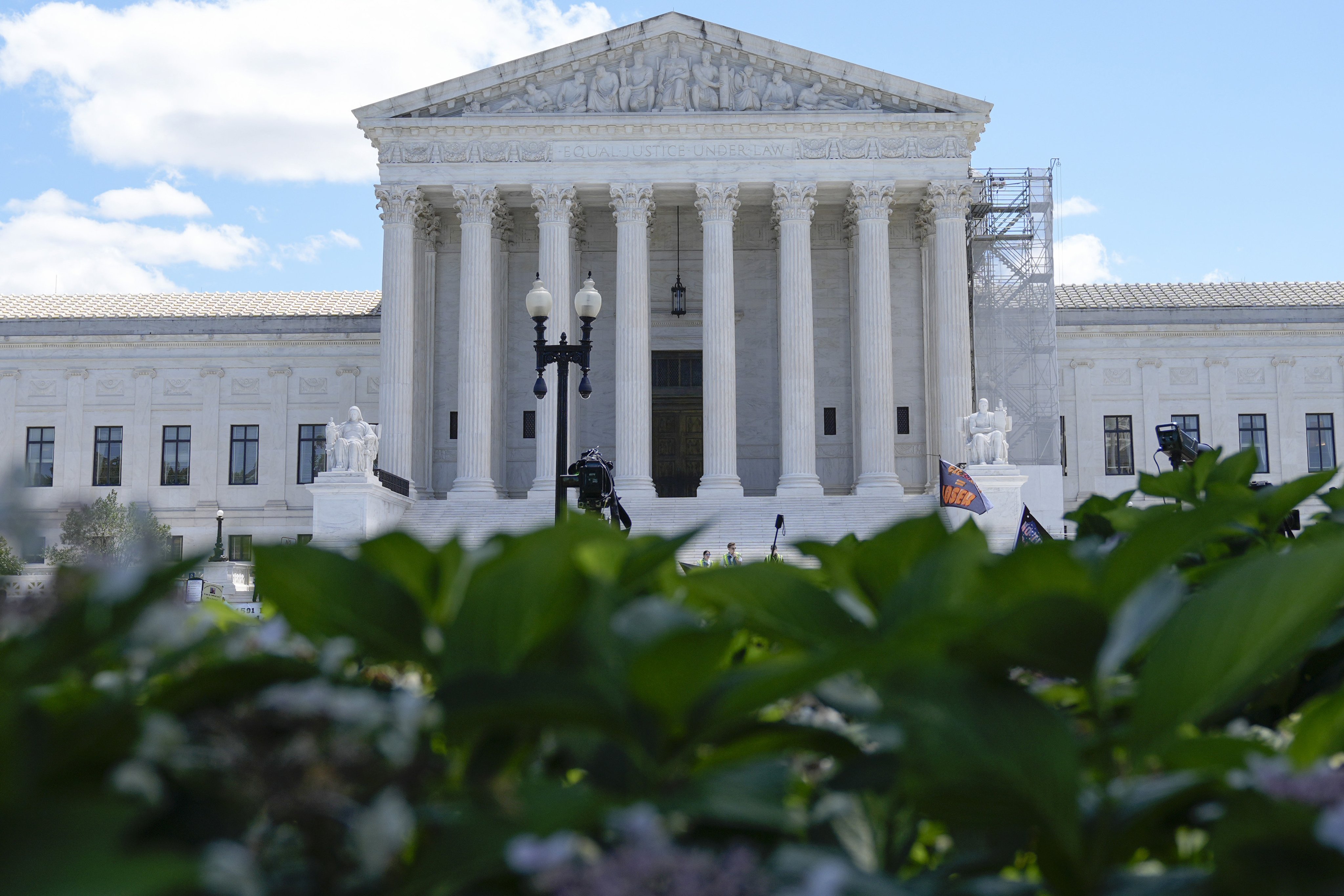
Earlier this year, the U.S. Eight Circuit Court of Appeals overturned a district judge’s decision and effectively temporarily halted key parts of the law.
In particular, they could stop certain books from being banned from the libraries and classrooms of more than 37 school districts.
GOP Says They Stand up for Parents Rights
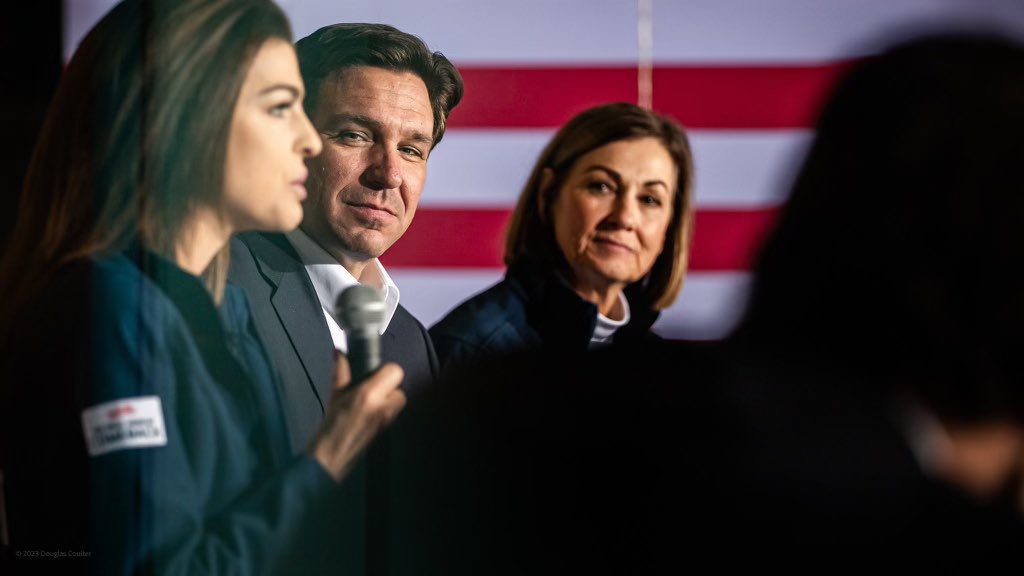
Kim Reynolds said in a statement about the ban that the GOP believes it “should be parents who decide when and if sexually explicit books are appropriate for their children.”
Iowa Attorney General Brenna Bird said of the issue, “This victory ensures age-appropriate books and curriculum in school classrooms and libraries. With this win, parents will no longer have to fear what their kids have access to in schools when they are not around.”
What Iowa Wants To Ban

You might be thinking that sexually explicit material does not belong in schools, and you would be right. Things like pornography and graphic depictions of sex acts are not allowed in school books. However, the books that the Iowa Republican-leaning government wants to ban are books that contain any depiction of same-sex relationships.
In many instances, the material included in the banned books is appropriate for the reading level included in the book. Many books were banned for simply describing two people of the same sex being interested in one another or discussions of pregnancy.
Why Book Bans Matter

Books are an amazing resource for students to learn about the world at large. They can be exposed to a myriad of other cultures and ways of life that they might now know exist otherwise.
Book bans are harmful because they send a message that the books that have been removed somehow discuss shameful and harmful topics. In life, we often deal with ugly topics, and books can be a way to help us navigate difficult feelings or new emotions.
An Example of a Banned Book
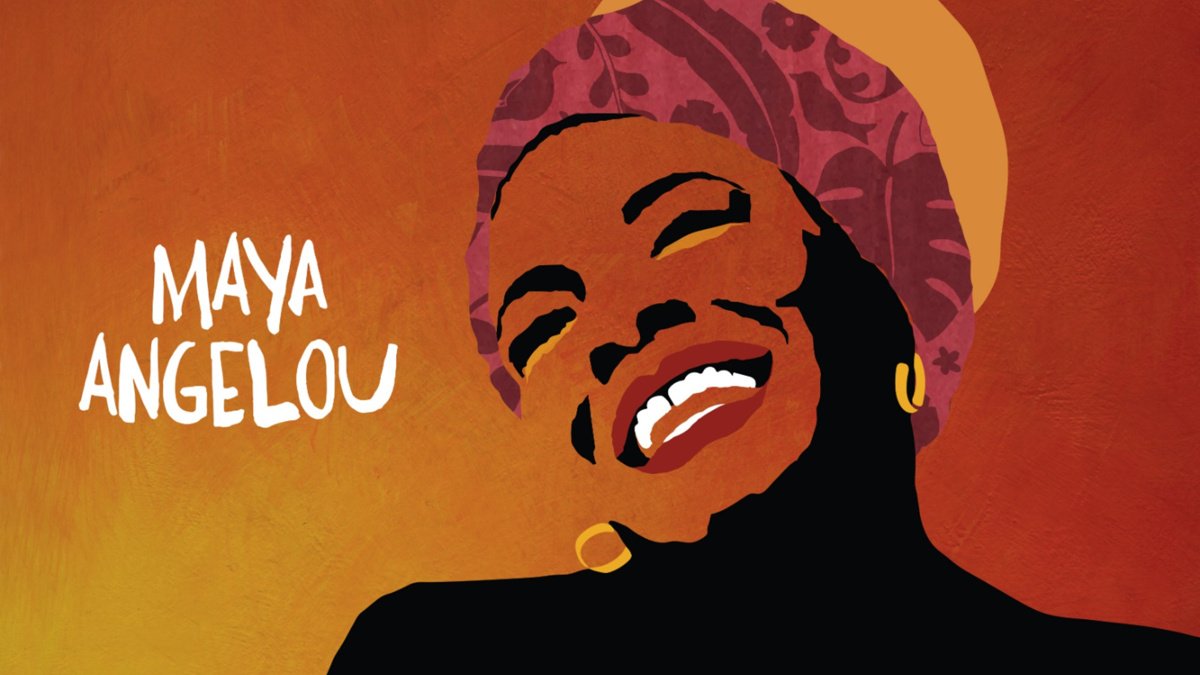
One beloved book that has been removed from Iowa school shelves is a classic: Maya Angelou’s I Know Why the Caged Bird Sings. Many people put this on a list of some of the most influential books and authors of the 20th century.
Reynolds and the GOP say that school-aged kids should not be able to read the book because it depicts the molestation of an eight-year-old child, abuse of the child, and an instance of teen pregnancy. While these topics are not sunshine and roses, discussing topics like these can help kids avoid them in their personal lives. The book also offers important poetic devices and can be a useful tool for older students to understand literature at large.
The Book Ban Faced Heavy Lawsuits
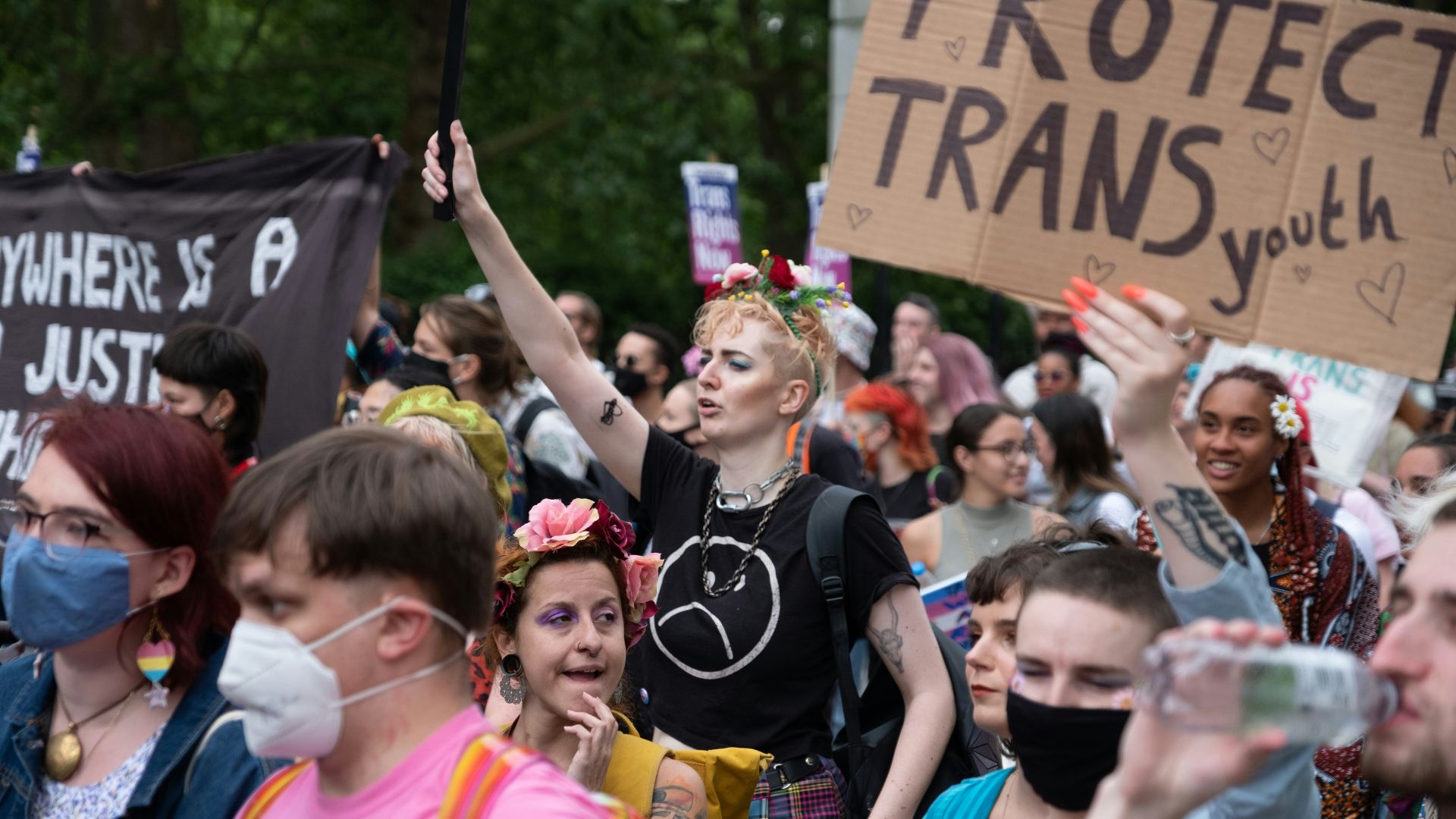
When the law was first passed last year, a group of LGBTQIA+ youth, teachers, and major publishers sued in November to permanently overturn the law.
The group says that as a result of the book ban, hundreds of books from Iowa schools were forcibly removed.
Extracurricular Activities Were Banned
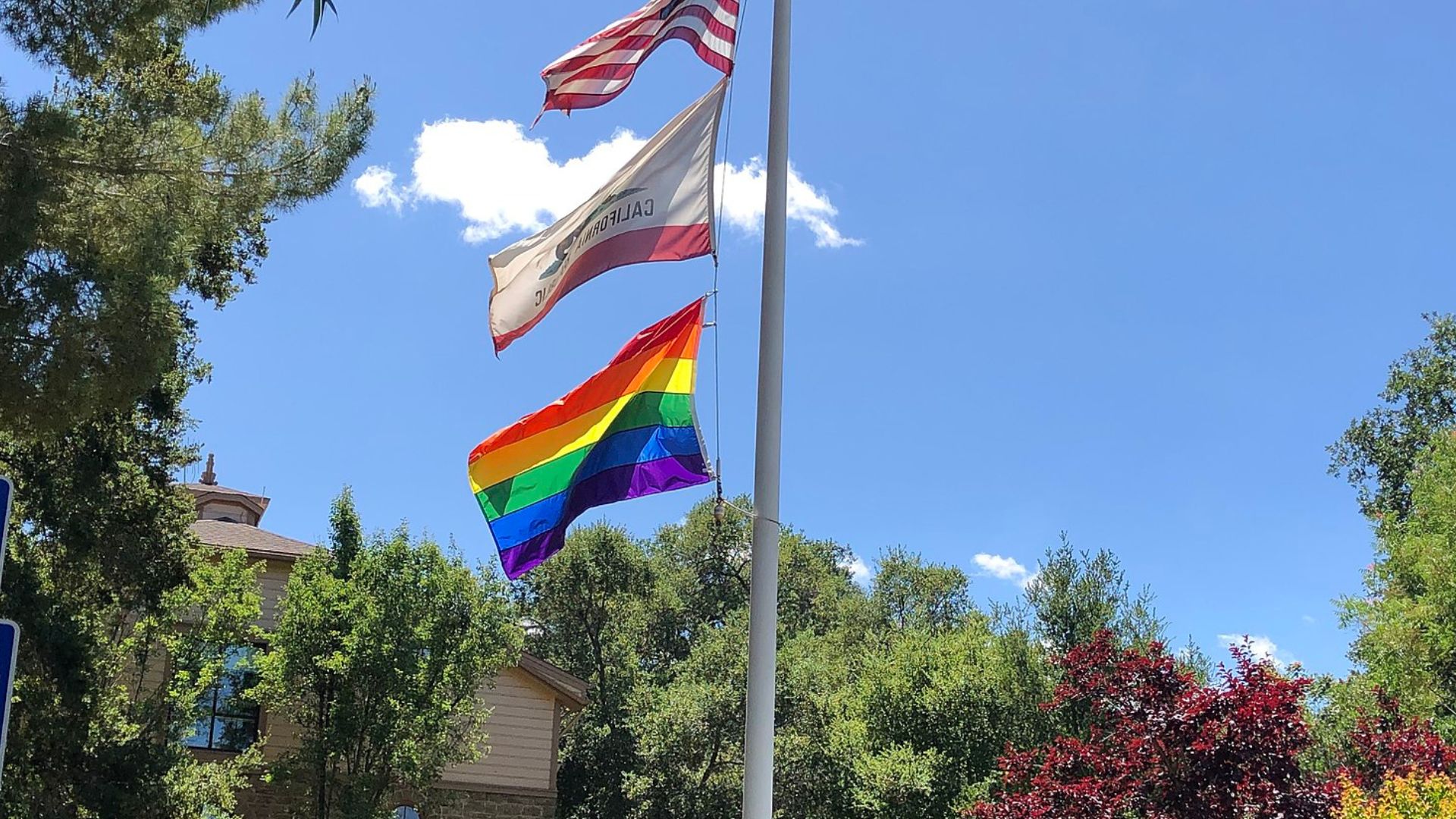
In addition to the schools removing books and graphic novels with LGBTQ+ themes from libraries, some much-loved extracurricular activities were shut down.
Groups and teachers were told to take down pride flags from classrooms. As well, students were forced to censor themselves about their gender identities and sexual orientations, according to the plaintiff’s attorneys.
Controlling Information

Another popular reason is that a governing body might ban specific books is to control information in a society. In the case of Iowa banning LGBTQ+-themed books is that they want to control the idea that being a part of that group is somehow bad and shouldn’t exist.
“Denying LGBTQ+ youth the chance to see themselves represented in classrooms and books sends a harmful message of shame and stigma that should not exist in schools,” plaintiffs’ attorneys Lambda Legal, the ACLU of Iowa, and Jenner & Block said in a joint statement.
What Is the Legality?
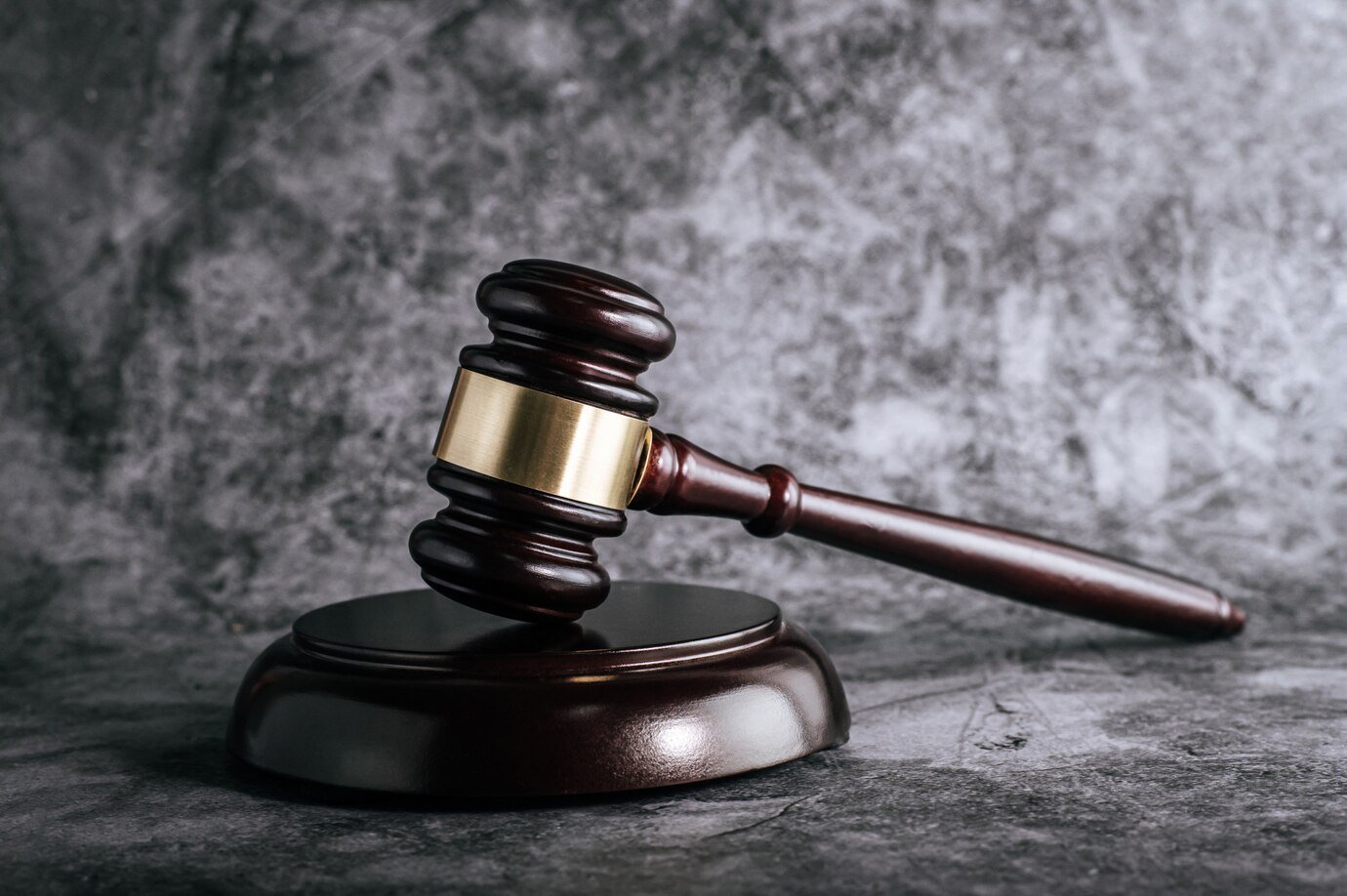
Freepik
It’s difficult to understand what is legal and what is not because all cases depend on previous decisions that have been made in court.
In the case of book bans, there have been issues like this going back decades. Attorneys for the state argue that the law is constitutional and the state can enforce it if they like. However, this does not address such bans’ moral or ethical implications.
Wave of Similar Laws
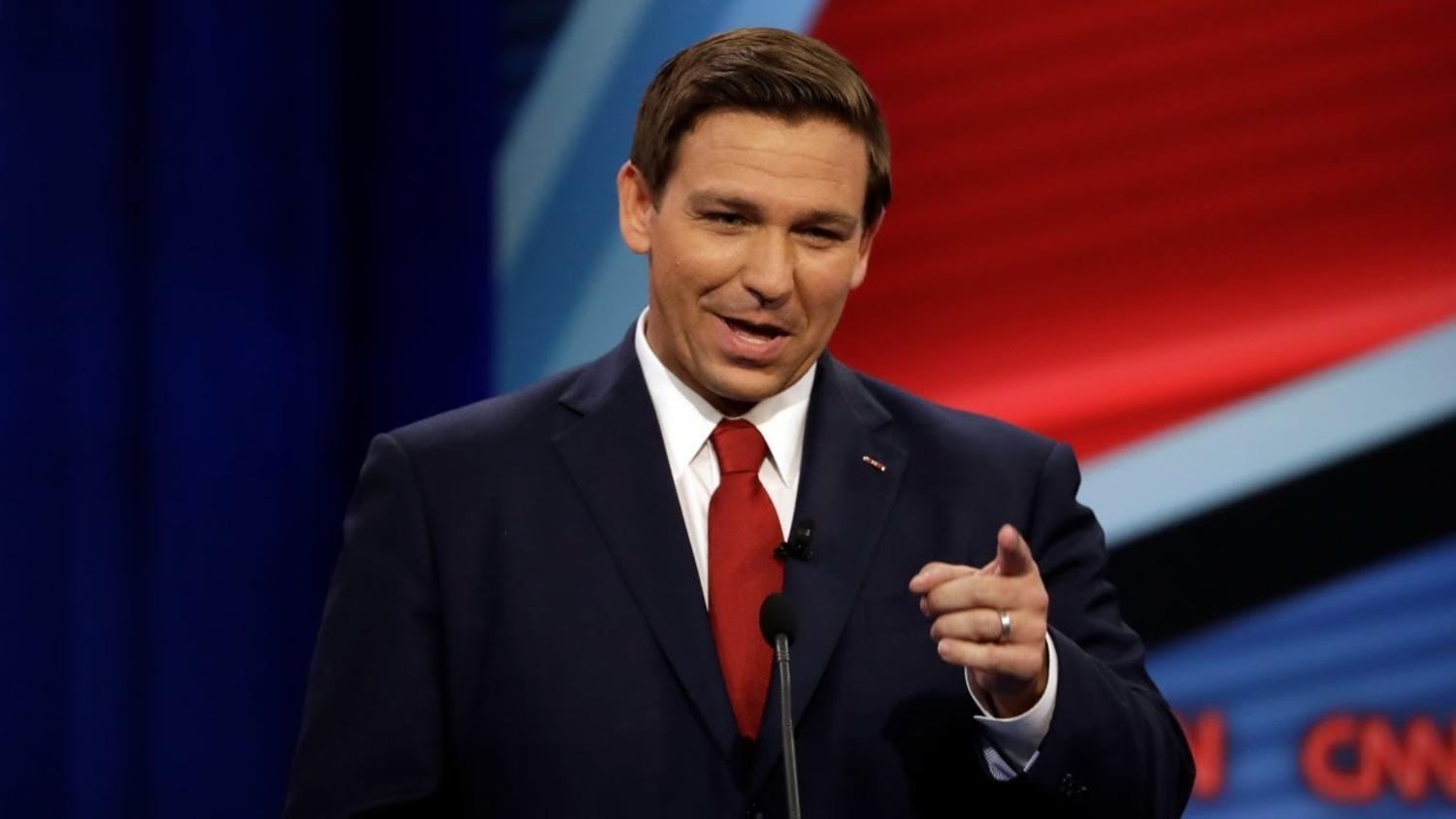
Iowa seemed to jump on the bandwagon amidst a series of similar bans taking place nationwide.
Republican lawmakers have often attempted to appeal to family values and parental rights. In this case, they say that they want to affirm the rights of parents to make all choices for their kids.
Kids Often Enjoy School as an Escape From Home
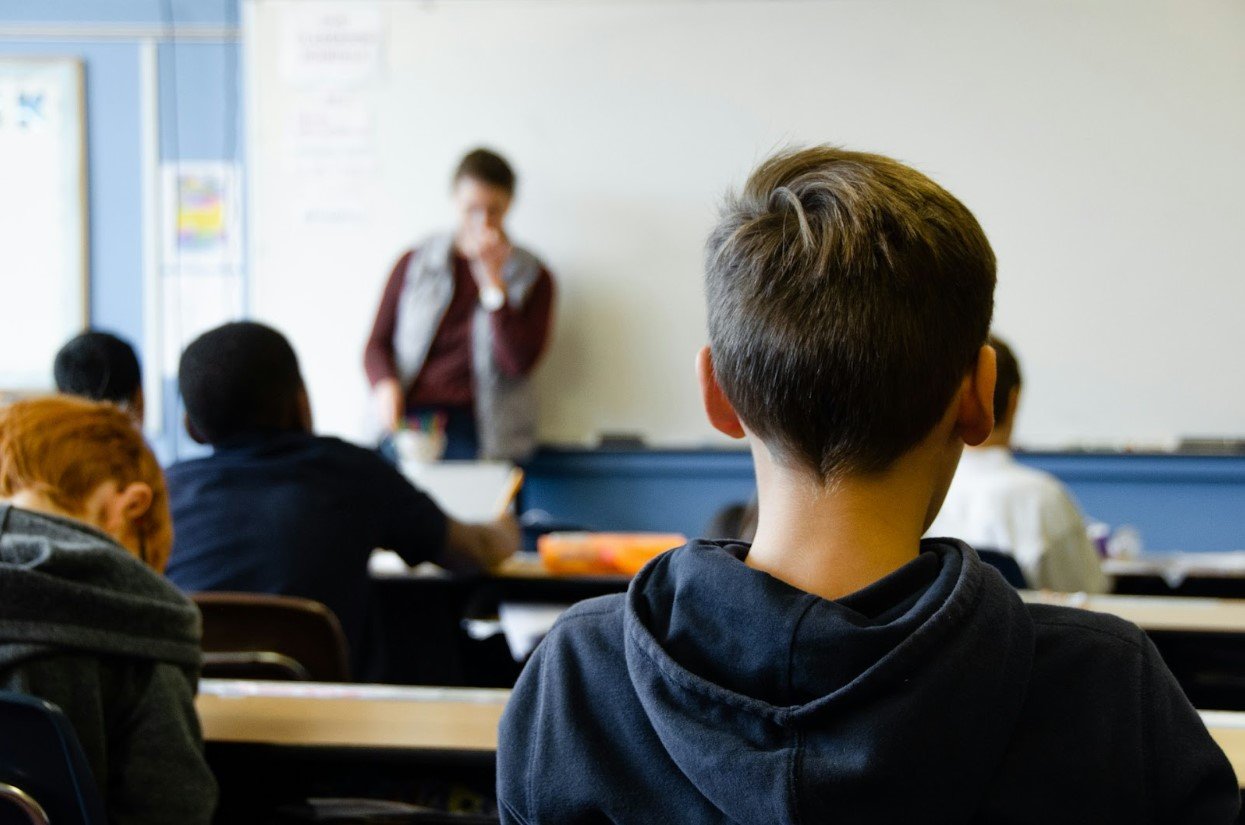
School and the library can be a much-needed escape for many kids who don’t have the best relationship with their parents. Taking away a safe space for kids to express themselves can cause more harm than good.
At a certain point, teenagers should also be able to enjoy some bodily autonomy and make decisions for themselves. While it’s important and necessary for parents to be involved, it seems to come at a risk of totalitarian rule over their kids’ lives.








































